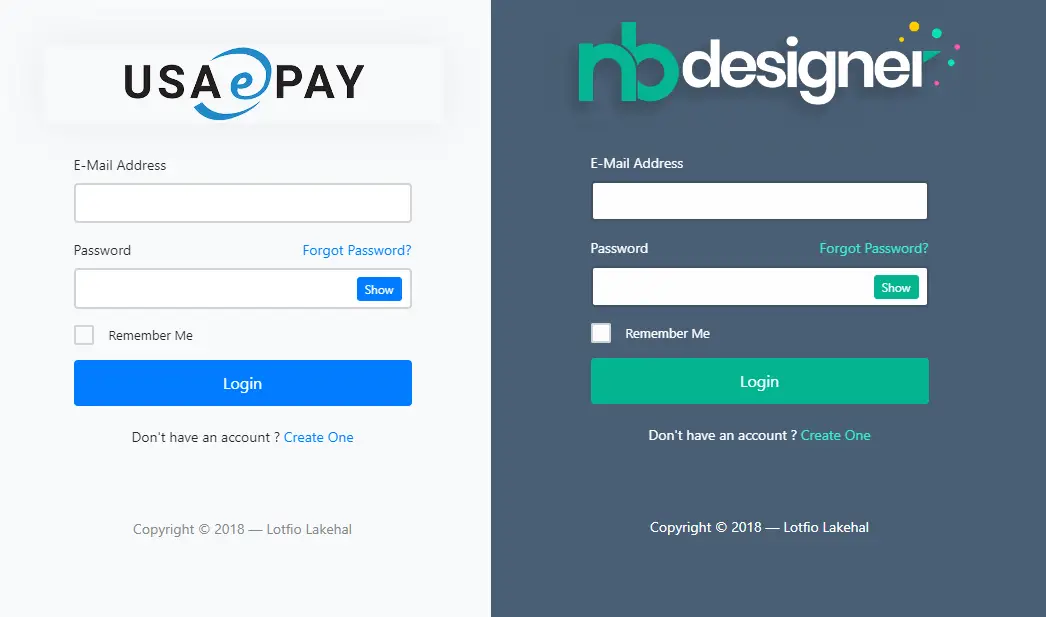Batch JSON Arrays with LINQ Chunk Method
By Tan Lee Published on Jan 09, 2025 292
By utilizing the LINQ Chunk method, you can transform a one-dimensional array into a two-dimensional array (batches).
This method demonstrates how to split a JSON array of objects into smaller batches.
For example:
[
{ "id": "101" },
{ "id": "102" },
{ "id": "103" },
{ "id": "104" },
{ "id": "105" },
{ "id": "106" },
{ "id": "107" }
]Converted into batches of 2
[
[
{ "id": "101" },
{ "id": "102" }
],
[
{ "id": "103" },
{ "id": "104" }
],
[
{ "id": "105" },
{ "id": "106" }
],
[
{ "id": "107" }
]
]You can use the following code.
using System;
using System.Collections.Generic;
using System.Linq;
// Example JSON input as a string
string jsonInputString = "[ { \"id\": \"101\" }, { \"id\": \"102\" }, { \"id\": \"103\" }, { \"id\": \"104\" }, { \"id\": \"105\" }, { \"id\": \"106\" }, { \"id\": \"107\" } ]";
// Deserialize the JSON string into a list of objects
List<object> jsonInput = System.Text.Json.JsonSerializer.Deserialize<List<object>>(jsonInputString);
// Create a new list to store batches
List<object> batch = new List<object>();
// Use the Chunk method to split the input array into batches of size 2
foreach (var chunk in jsonInput.Chunk(2))
{
batch.Add(chunk);
}
// Serialize the batches into a JSON string for output
string jsonOutputString = System.Text.Json.JsonSerializer.Serialize(batch);
// Output the final result
Console.WriteLine(jsonOutputString);The Chunk method in C# efficiently divides a large array into smaller arrays, each containing a maximum of the specified number of items (in this case, 2). This allows you to easily manage and process the data in smaller parts, which is especially useful for batch processing or API requests.
Categories
Popular Posts
Structured Data using FoxLearn.JsonLd
Jun 20, 2025
Implement security headers for an ASP.NET Core
Jun 24, 2025
10 Common Mistakes ASP.NET Developers Should Avoid
Dec 16, 2024
HTML Bootstrap 4 Login, Register & Reset Template
Nov 11, 2024





